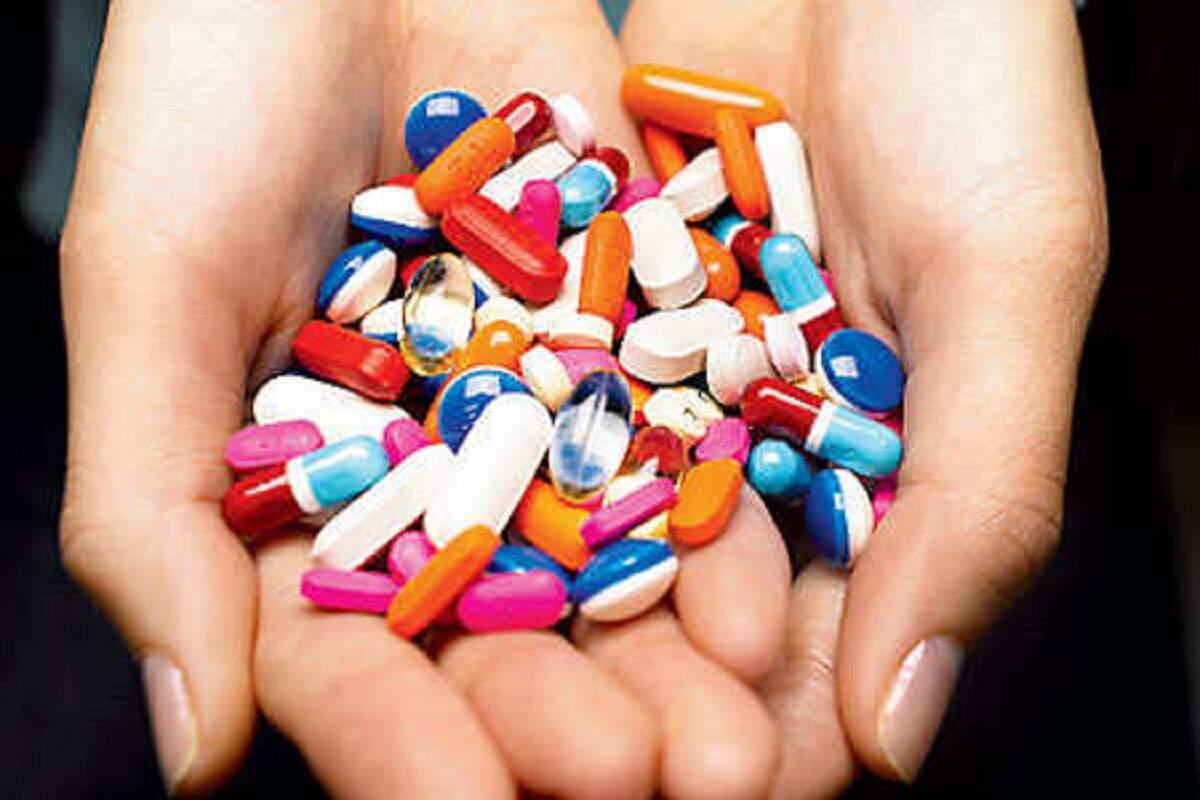 Scientists might be able to reverse process of aging, a small clinical study in California suggests. For one year, nine healthy volunteers took a cocktail of three common drugs — growth hormone and two diabetes medications — and on average shed 2.5 years of their biological ages, measured by analysing marks on a person’s genomes. The participants’ immune systems also showed signs of rejuvenation. But researchers caution that the findings are preliminary because the trial was small and did not include a control arm.
Scientists might be able to reverse process of aging, a small clinical study in California suggests. For one year, nine healthy volunteers took a cocktail of three common drugs — growth hormone and two diabetes medications — and on average shed 2.5 years of their biological ages, measured by analysing marks on a person’s genomes. The participants’ immune systems also showed signs of rejuvenation. But researchers caution that the findings are preliminary because the trial was small and did not include a control arm.“I expected to see slowing down of the clock, but not a reversal,” Steve Horvath from the University of California, who conducted the epigenetic analysis, told ‘Nature’. “That felt kind of futuristic.” The findings were published on September 5 in Aging Cell.
Scientists caution that the study was done with a very limited number of participants: only nine people took the drug cocktail, and there was no control group. But if it is confirmed by further research it could have huge impacts on healthcare, the treatment of disease and how people think about aging, they said.
In the study, participants were given a growth hormone and two diabetes medications. They then watched the effect on people’s epigenetic clock, to understand the effect on how they aged. The epigenetic clock is measured by the epigenome in the body. As people age, chemical modifications or tags are added to people’s DNA, and those change throughout their life — so by looking at those tags, a person’s biological age can be measured.
Researchers had actually intended to look at how the growth hormone would change the tissue in the thymus gland, which helps with the body’s immune functions and sits in the chest. It normally shrinks after puberty but they hoped to see whether it could be pushed to regrow, by giving participants the growth hormone.
It was only as a secondary consideration that researchers then checked how the drugs changed their epigenetic clocks. The study had finished when the analysis began.
Horvath then looked at four different measures of the epigenetic clock to understand the differing ages of each of the patients. And he found that every one of them had reversed significantly — so significantly that he is optimistic about the results, despite the limited number of participants. Scientists now hope to test the same effects with more people, through a controlled study, and with different age groups, ethnicities and with women.
The changes could still be seen in the blood of six participants who provided their blood, long after the study finished. Some of the drugs used in the cocktail are already being researched as ways of fighting age-related diseases.
But the effect of the three of them could have major implications for the ways that a variety of drugs are tested, experts say.